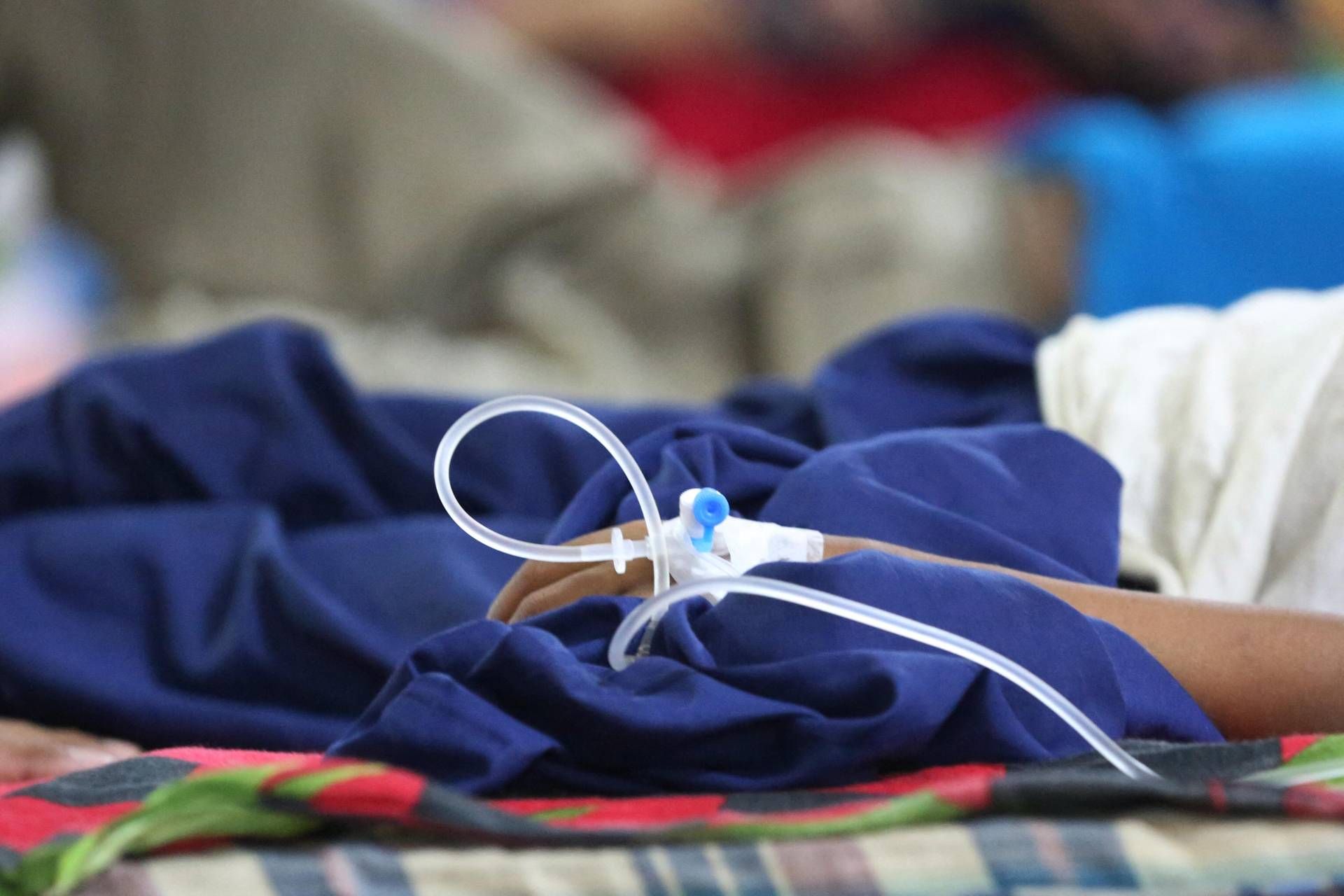Dengue Epidemic Sweeps Through Bangladesh, Killing Hundreds
Bangladesh is currently facing a severe dengue epidemic, with a staggering 69,483 laboratory-confirmed cases and 327 deaths reported in just over 6 months. The World Health Organization (WHO) released a report today, shedding light on the dire situation.
The WHO has expressed concern over the rapid increase in dengue cases not just in Bangladesh but throughout Southeast Asia. Director General Tedros Adhanom Ghebreyesus took to Twitter recently to express his worry, attributing the rise in cases to the ongoing climate crisis.
According to the WHO alert, 63% of the reported cases and 62% of the deaths occurred in July alone. While dengue is endemic in Bangladesh, the current wave is unusual in terms of seasonality, as pointed out by the UN health agency. Alarmingly, the fatality rate this year is relatively high at 0.47% compared to previous years.
A pre-monsoon survey conducted by the WHO revealed concerning findings. The density of Aedes mosquitoes, which transmit the dengue virus, and the number of potential hotspots for these insects have reached the highest level in the past 5 years.
The outbreak can be attributed to an unusual combination of factors, including heavy rainfall, high temperatures, and high humidity. These conditions have led to a significant increase in the mosquito population across Bangladesh.
In response to the crisis, WHO teams are collaborating with the Bangladesh government to provide essential aid. This includes diagnostic kits, clinical care training, community involvement, and surveillance efforts.
With the epidemic continuing its devastating path, urgent action is needed to curb the spread of dengue in Bangladesh. The WHO will continue working closely with local authorities to minimize the impact of this deadly virus and protect the population from further harm.
